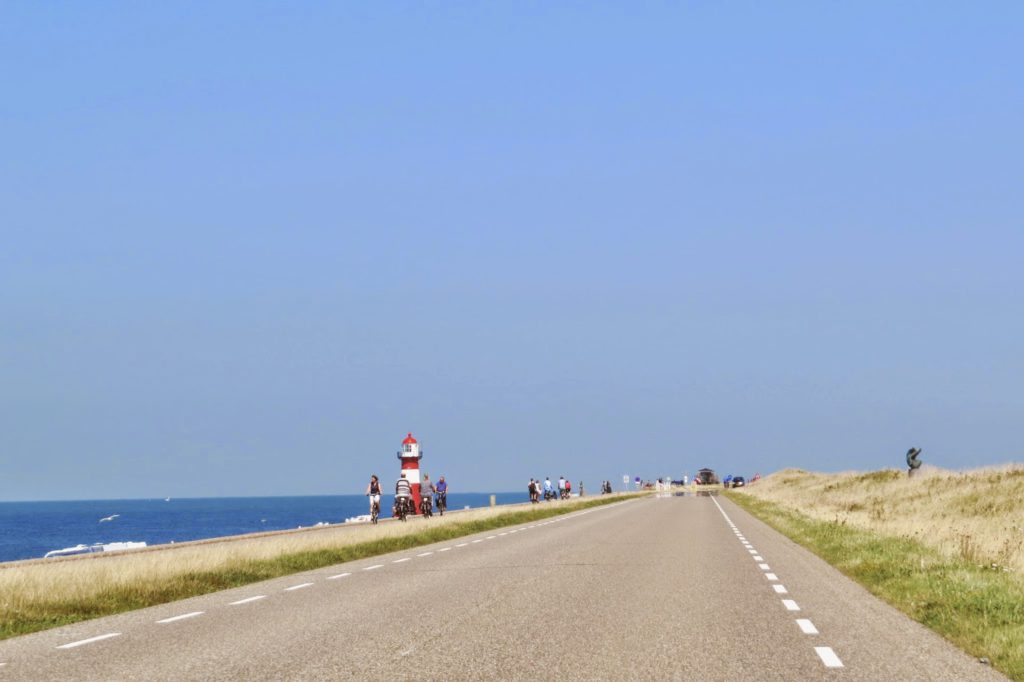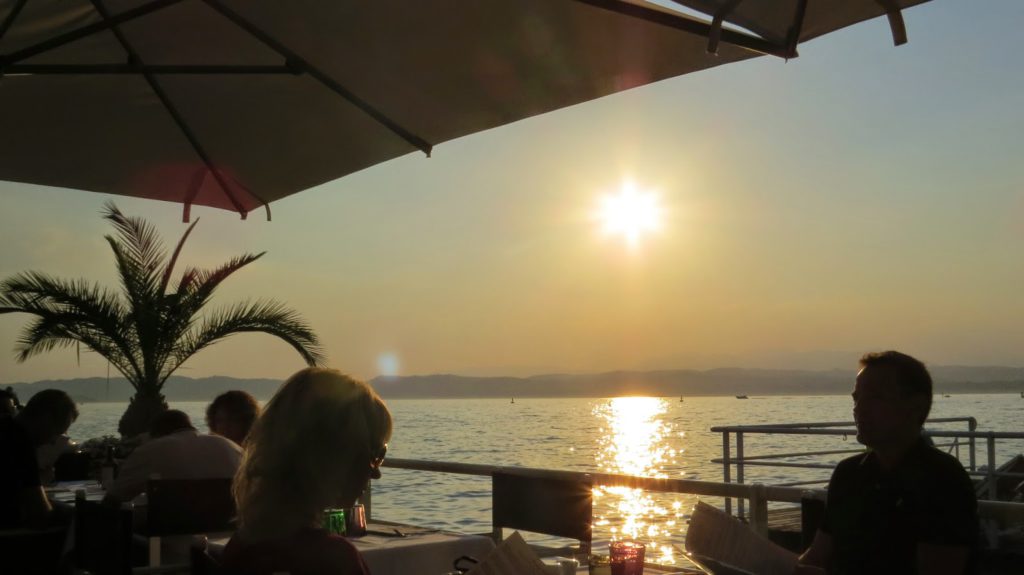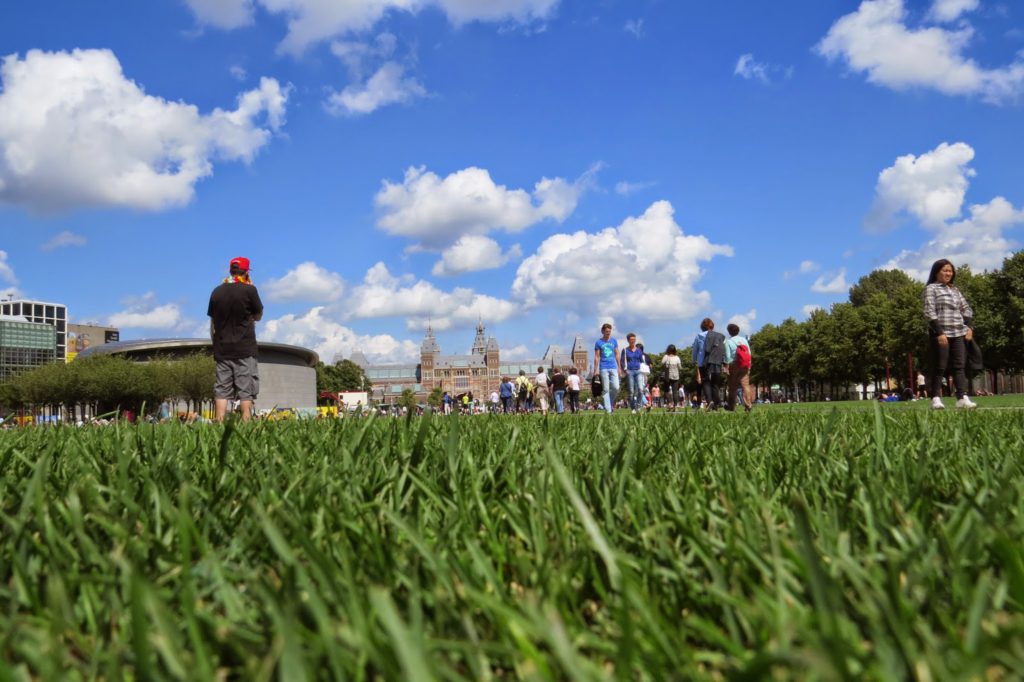
Why do people travel? A very complex question to which there is probably no clear answer. Even in ancient times, people travelled from one place to another and recorded their experiences on paper. There are numerous travelogues from this long history that describe how people travelled to other countries with different cultures and customs centuries ago.
But the long history of travelling is hardly the point here. Rather, this brief overview aims to clarify the question of why I personally travel at all – and if so, how I do it. The reasons why people travel vary greatly and range from curiosity about other cultures and countries, to cultural tourism, to business trips, where professional aspects take centre stage. For me, however, travelling is much more than that, as Augustine said: “The world is a book. He who does not travel sees only one side of it.” Based on this quote, it is a basic maxim of my life to focus everything on travelling. Because more than all the books, travelling gives you priceless and valuable knowledge about this diverse world that no one can take away from you. In other words: if you travel, you see the world, educate yourself consciously and unconsciously and your personality is moulded in the process.
I had my first experience of travelling at the tender age of 1, when I set off on the not-too-distant journey to the not-too-culturally valuable town of Lignano. The annual family holidays in the northern Italian seaside resort thus developed into my first contact with travelling itself with an annual ritual: days of anticipation, packing, stress on the day of departure, traffic jams, the hot sun, the wide beach, pasta, pizza, ice cream and lots and lots of fun. Lignano became something like the epitome of travel and holidays for me and, with the dolce vita, had a lasting impact on my later life, as I was infected by a virus there that is still active today: my love for Italy was born here in my childhood days between the fixed factors of pizza, beach, sea and summer.
But it is often the parents who consciously and unconsciously have a strong influence on your later travelling experiences. My mother was gripped by wanderlust from an early age and she travelled halfway around the world, spending years abroad, while my father tended to take a more regional approach, although he did not miss out on a trip to Italy every year.
And so I certainly got the “travelling gene” more from my mother than my father, but what they both have in common is their great influence with their love of summer, beaches and sun, which to this day makes the Mediterranean region and the Adriatic Sea in particular something very special in my life. It was my father who took me all over the Alps-Adriatic region as a child, always in search of good weather and good food. This probably laid the foundation for my openness to the “Alpe-Adria” concept, to which this website refers so much. Day trips through the rugged Julian Alps, past the emerald green waters of the wild Soca in Slovenia, over the lovely vineyards of the Collio near Cordenons to the wide waters of the Adriatic near Trieste. You can travel from the high mountains to the sea in a day – without any stress and without having to cover thousands of kilometres. To this day, this form of travelling, day trips to regions all over Central Europe, is a fixed way of travelling. A quick trip to the seaside, the vineyards or the high mountains – everything is possible within a few hours and even in several countries. Where else can you do th

But the “travelling gene” also includes looking into the distance, the curiosity to see what lies beyond the horizon. What does it look like there? What is there to discover? This curiosity to cross borders and discover new things led me to gradually get to know Europe in all its diversity. Today we live in a unique time in which, thanks to a more or less borderless Europe with a single currency and extremely cheap means of transport, it is possible for everyone to get to know more of this unique continent. Thanks to low-cost airlines such as Ryanair, weekend trips to Malta, Ireland or Scandinavia are no longer an impossibility, but affordable for everyone if used skilfully. Over the years, I have discovered the countless countries of Europe, mostly together with friends, and have travelled to Greece by car after a long but exciting journey through the countries of south-eastern Europe, flown to Malta in October to escape the cold autumn, discovered the lively Danish capital of Copenhagen and also got to know those eastern parts of Europe that are often forgotten, but can at least compete with western Europe – or perhaps even surpass many areas.
You could also call my visit to the Netherlands “love at first sight”. I was deeply impressed by its modern architecture, which incorporates the omnipresent element of water, its open mentality and its breathtakingly beautiful landscape. But even after having travelled to over 30 European countries, there is no country or region that would not have been worth a visit. Europe is exciting to discover and so many good things are on your doorstep – you just have to make the most of the opportunities.
And so travelling in Europe has become my favourite pastime. With every trip, with every new country I have travelled to, I not only see the scenic and cultural diversity of this continent, but above all I understand better and better what it means to be European and why European identity is not just an empty phrase used by EU officials. Because historically speaking, there has never been anything like today in Europe anyway: cheap plane tickets, the same currency, no customs duties, high-speed train routes, exchange programmes such as Erasmus, Interrail and networking thanks to the internet make it almost too easy to travel in Europe today.

And then there’s the third aspect of my travel behaviour: long-distance travel. Only hesitantly and slowly becoming relevant over the last few years, I have travelled to North America, Southeast Asia and the Middle East. These journeys also contributed in an overwhelming way to a better understanding of this world, but again emphasised to me the uniqueness of Europe in all its facets.
Travelling – that is my purpose in life. From day trips in Central Europe to extended journeys across Europe and exploring new continents. Every journey increases my understanding of the diversity of the world and helps to shape my personality. Prejudices and stereotypes are broken down and something almost magical happens: if you look at a road map before travelling, the places and streets are just words and symbols printed on paper. If you look closely at the same map again after travelling there, then something magical has happened: The places have been given a face, the impressions and experiences come back to you with the respective name and often these places are then always associated with nice people you met there. The proverbial “white map” changes as if by magic into a colourful and lively one – it is the magic of travelling that works again and again.
Travelling, near and far, is what this part of the alpe-mare website is all about. In addition to the current blog entries, where travel reports and travel tips are presented, these subpages offer the opportunity to learn a lot about Central Europe and travelling in general. Travelling is for eternity and we have all the means and possibilities to do so – with these pages I would like to awaken some desire for it.